Tune in to Focus Carolina during morning, noon and evening drive times and on the weekends to hear stories from faculty members at UNC and find out what ignites their passion for their work. Focus Carolina is an exclusive program on 97.9 The Hill WCHL, sponsored by the University of North Carolina at Chapel Hill.
Richard Myers is the rules committee chair for the Eastern District of North Carolina and a Distinguished Professor of Law with the UNC Law School. His path to becoming an investigative attorney first started with a career in journalism.
“I became a newspaper reporter at the Wilmington Morning Star, sort of by accident. I went in to talk to somebody, sort of doing an informational interview and ended up getting the job. It was a great four year, I couldn’t think of any better training for becoming an investigative attorney than being a journalist.”
Myers applied to UNC for law school and received the prestigious chancellor’s scholarship, which paid for his tuition. He graduated with honors in 1998 and accepted an associate position with a law group in Los Angeles.
“I was in the white collar crime group and the partners were former federal prosecutors. It’s one of the few places that you get a lot of real trials at a very sophisticated level.”
However, it was the events that occurred on September 11, 2001 that changed Myers’ career forever. After mulling the decision for some time, the events on 9/11 spurred Myers to submitted his paperwork to be a federal prosecutor the following day on September 12.
“This was something that I felt that I could do and that I owed back to a country that had been really good to my family. I think it’s not that strange to have lives change that day, I think there are a lot of people who have that day as a pivotal point.”
Part 1
Myers teaches classes in criminal law procedure and has two very important projects outside of the classroom. The first deals with the rules of court, or how lawyers and attorneys go about the business appearing in the court. It’s important, Myers says, to have the jury spend as little time as possible figuring out the rules to the road.
Another project Myers works on is a badge camera symposium on when and why police should wear a badge camera.
“We had a symposium that thought about what do they do? Some of the big issues are, who wears them? When are they turned on? Are they turned off? How long do you store the video? Who has a right to have access to the video? If you have access to the video, how do you protect victim privacy? Figuring out how all of the complex questions fit together in departmental policies was really interesting.”

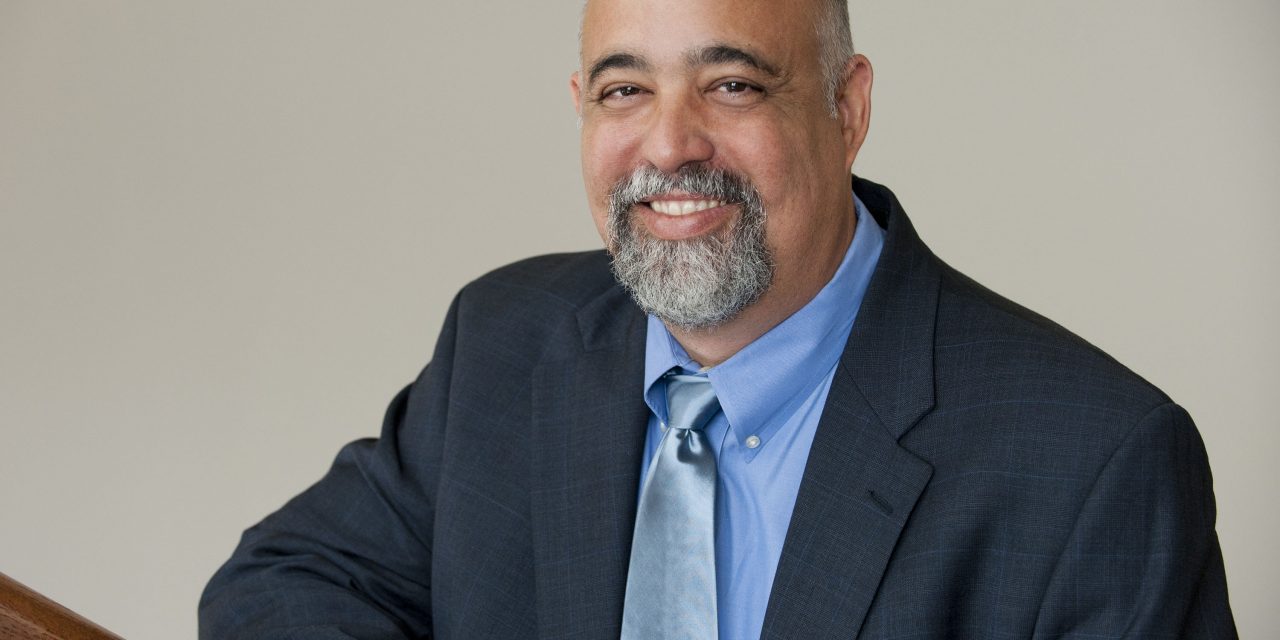
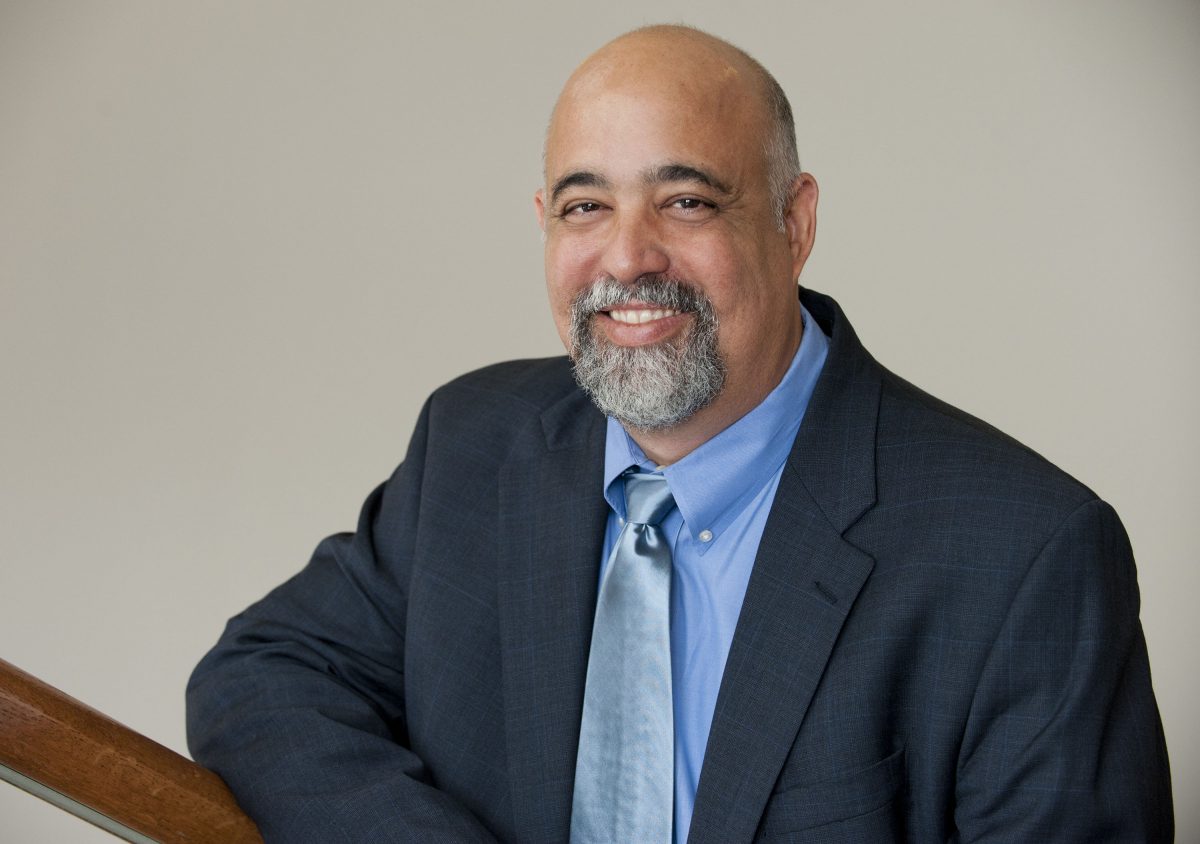
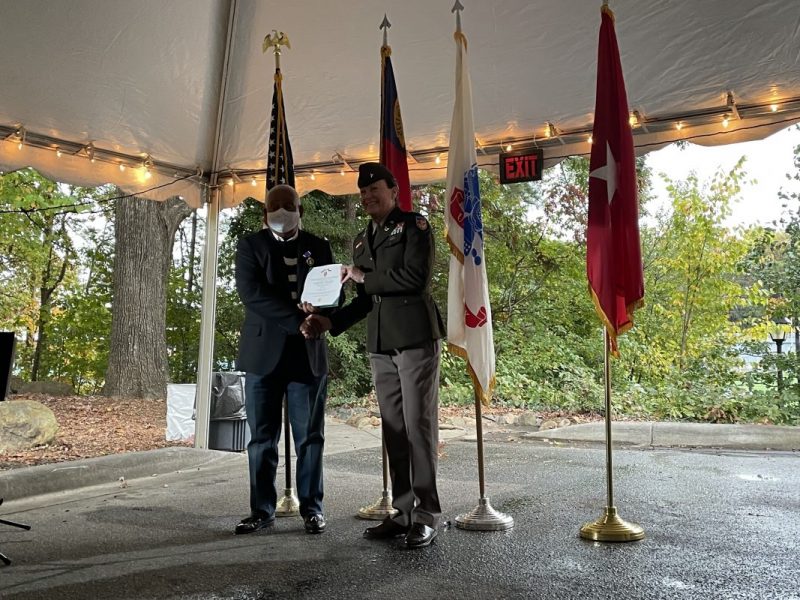
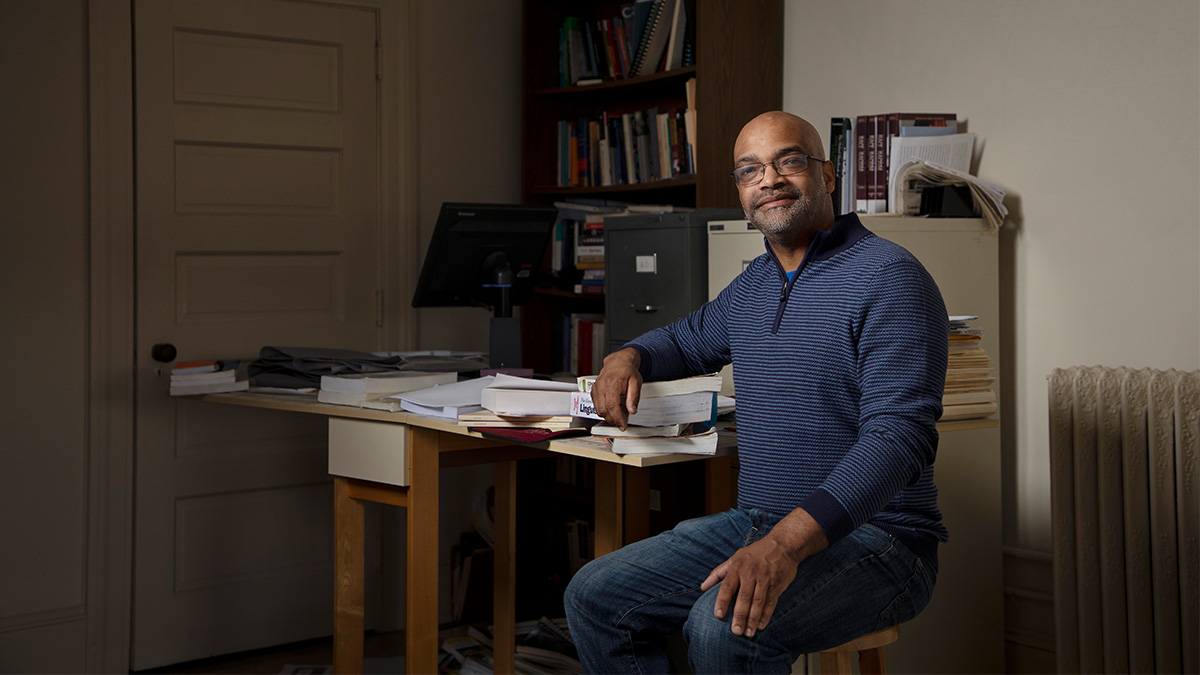
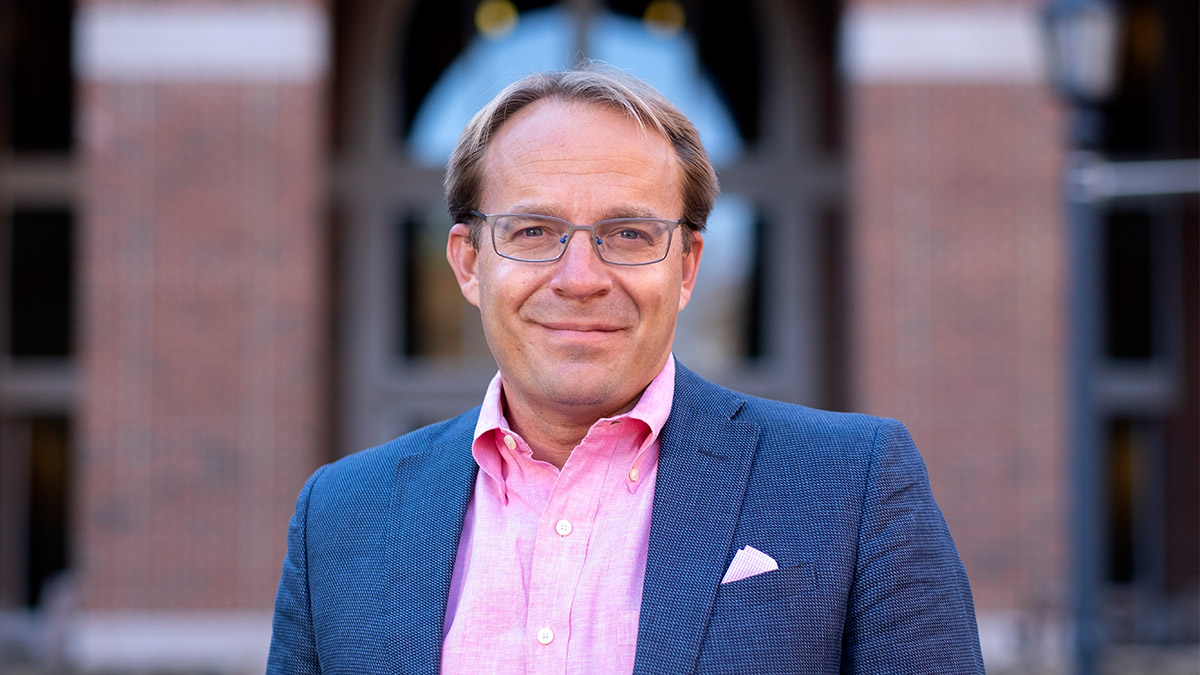

Comments on Chapelboro are moderated according to our Community Guidelines